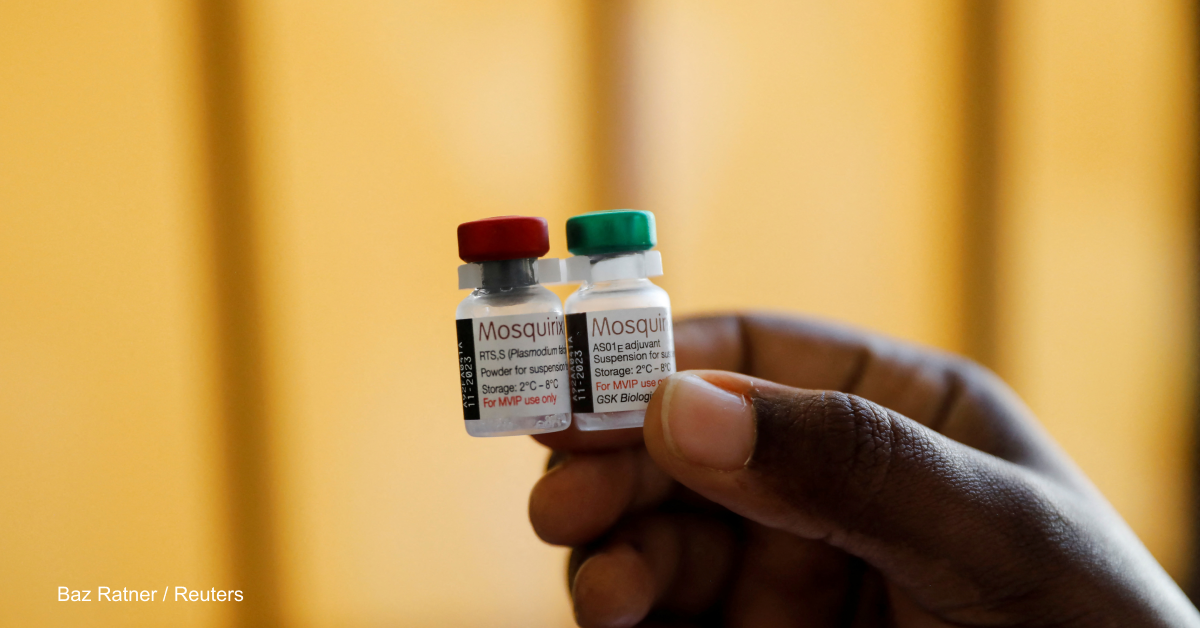Uncategorized
Cameroon Launches Groundbreaking Malaria Vaccine Program with Global Implications
Cameroon has embarked on a historic journey in the fight against malaria, launching the world’s first routine vaccine program against the deadly disease. This landmark initiative, which began with the vaccination of a baby girl named Daniella near Yaoundé, is projected to save thousands of lives across Africa.
Malaria, a mosquito-borne disease, claims 600,000 lives annually in Africa, with children under five constituting at least 80% of these deaths, according to the World Health Organization (WHO). Cameroon’s decision to offer the RTS,S vaccine free of charge to infants up to six months old marks a significant step in curbing this high mortality rate.
The RTS,S vaccine program requires a total of four doses, administered alongside routine childhood vaccines for ease and efficiency. Following successful pilot campaigns in Kenya, Ghana, and Malawi, the vaccine demonstrated a 13% reduction in malaria deaths among eligible children, according to Unicef.
Although the jab’s efficacy rate of 36% indicates that it is not a complete solution, health experts, including Willis Akhwale of End Malaria Council Kenya, acknowledge its importance as an additional tool in the fight against malaria. When combined with mosquito nets and malaria tablets, the vaccine potentially offers up to 90% protection against the disease, as estimated by one UK-led study.
Cameroonian doctor Shalom Ndoula, a key figure in the vaccine rollout, expressed optimism about the program’s potential to significantly reduce malaria cases and deaths. The development of the RTS,S vaccine represents 30 years of research by British drug-maker GSK and has been hailed by the WHO as a historic achievement in the global battle against malaria.
In another major development, Cape Verde recently became the first sub-Saharan African country in 50 years to be declared malaria-free by the WHO.
Despite some vaccine hesitancy among Cameroonians, health officials, including Cameroonian king and public health biotechnology professor Wilfred Fon Mbacham, are working to educate the public on the vaccine’s safety and benefits. Vaccination official Daniele Ekoto reassured mothers about the vaccine’s efficacy and safety during the launch.
As part of a broader initiative, twenty other countries, including Burkina Faso, Liberia, Niger, and Sierra Leone, are set to roll out the program this year, backed by the global vaccine alliance, Gavi. However, the demand for doses currently exceeds the supply, with only about 18 million doses available for allocation before 2025.
The upcoming rollout of a second malaria vaccine, R21, developed by Oxford University and to be manufactured by the Serum Institute of India, is expected to significantly increase the available doses, pending regulatory approvals.
This groundbreaking initiative in Cameroon not only represents a monumental step in the fight against malaria but also sets a precedent for other countries in Africa and beyond in combating this deadly disease.













